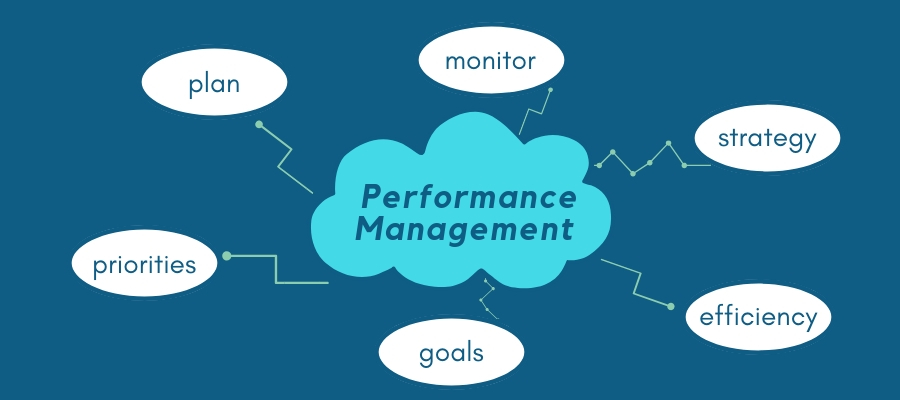Excellent Performance Management can mean different things for different people.
For some, it means actively managing an employee’s performance and output. Improving performance management might mean being even more involved in an employee’s day to day performance, managing their schedule, increasing the amount of reporting the employee has to do, or dictating exactly what an employee needs to do and how to do it. We all can think of an employee or colleague who could be more focused or more productive, but erring too far toward micro-managing employees is the quickest way to undermine employee morale. And none of us have time to spend our whole day looking over an employee’s shoulder. Surely there’s a more effective way to manage?
Others will immediately assume that Performance Management means Performance Evaluation. To improve your performance management, then, might mean more rigid, frequent, consistent or even more “friendly” performance evaluations. While performance evaluations and feedback are an important part of performance management, to be sure, regularly scheduled evaluations aren’t always effective at helping employees excel or changing company culture.
Still others will assume that performance management means goal-setting and deadlines. Improving performance management could mean anything from clearly communicating goals and expectations to setting unreasonable deadlines and pushing employees to meet them regardless of the rate of turnover and burn-out. If employees aren’t reaching the goals that we’ve already set, is setting even stricter ones going to fix the problem?
Performance management isn’t just active supervision, evaluation, or goal-setting. Great performance management is a collaboration and partnership between the employee and the employer – a collaboration based on two-way communication that involves increasing performance, setting goals, and feedback.
What does two-way collaboration look like in the workplace? Often, the business owner will set the company’s goals, but a good employee can give insight into strategies for accomplishing those goals and what steps need to be taken to get there. Evaluations should be an opportunity for employees to give feedback, as well. Are there areas where they feel like there’s a lack of support or training? Can they recognize for themselves areas where they need to improve and ways to get there? If goals aren’t being met, are the expectations reasonable or are there systemic issues which are keeping the employee from doing their job?
Even great performance management isn’t going to guarantee that every employee is going to perform effectively. But, what it can help do is to create a company culture of people invested together in a common goal: seeing your company’s vision become a reality. Because people want to take ownership in their work and feel like they’re investing in something bigger than themselves. Allowing them to participate in their own performance will allow them to do that.
Article written by Anne Beshears

